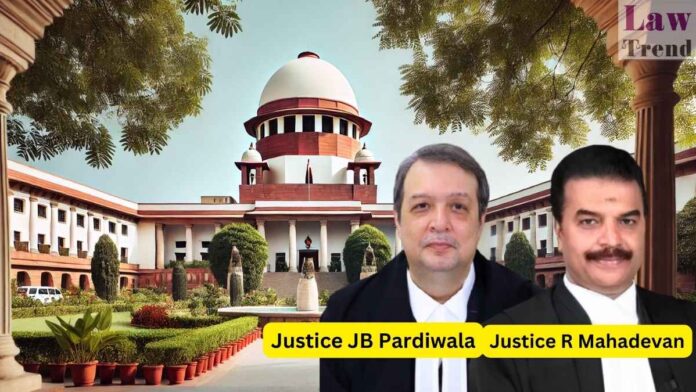In P. Kumarakurubaran v. P. Narayanan & Others (Civil Appeal No. 5622 of 2025), the Supreme Court on 29 April 2025 held that the question of limitation cannot be decided summarily at the stage of Order VII Rule 11 of the Code of Civil Procedure, 1908, when it involves disputed facts or hinges on the
To Read More Please Subscribe to VIP Membership for Unlimited Access to All the Articles, Download Available Copies of Judgments/Order, Acess to Central/State Bare Acts, Advertisement Free Content, Access to More than 4000 Legal Drafts( Readymade Editable Formats of Suits, Petitions, Writs, Legal Notices, Divorce Petitions, 138 Notices, Bail Applications etc.) in Hindi and English.




